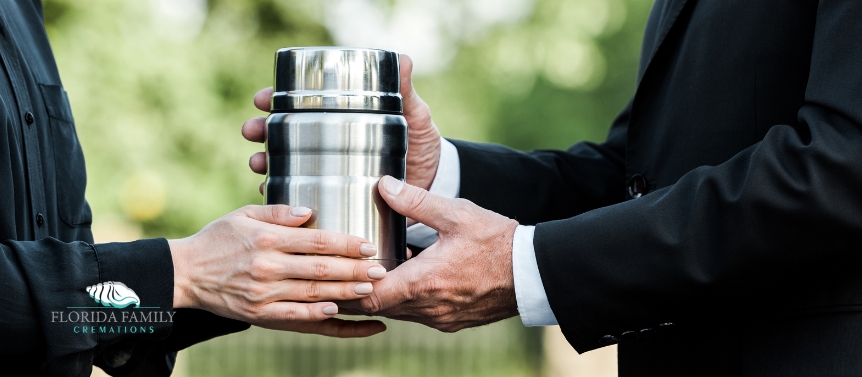Is DNA Destroyed When a Body is Cremated?
Plenty of human DNA has been recovered between 10 and 150 years after death. Some sources show that DNA can survive thousands of years after death. That may be true when the body is buried, but what about cremation? Is DNA destroyed during cremation?
Answering this question can help you set your priorities straight.
Do you need a postmortem test on your deceased relative? If yes, consider doing it before cremation. But sometimes, you might realize you need a DNA test after the cremation has taken place. So is it possible to get DNA samples from cremated remains?
We’ll answer that question. But first, let’s see other reasons why you might need DNA testing after losing a loved one.
Why Do People Test for DNA?
DNA is a set of instructions found in every body cell and tells your body how to grow and function. It determines your physical traits, such as your hair color, eye color, and even your personality.
People go for DNA testing for many reasons. Some want to confirm their biological relationships, such as maternity, paternity, siblinghood, and tracing their ancestry. Others do it to verify the identity of a missing person or differentiate between two or more dead bodies.
Sometimes a court may order a DNA analysis to clarify a few issues in a civil or criminal case. Whatever the reason, a DNA test provides reliable evidence of a person’s identity and biological relationship with others. But is DNA destroyed during cremation?
Can DNA Survive the Cremation Process?
The temperature of a cremation chamber reaches between 1,400 and 1,800 degrees Fahrenheit. At that point, all human flesh evaporates, leaving no traces of DNA. However, the bones and teeth survive the intense heat. So is there DNA preserved in the bone fragments?
One study shows that DNA analysis is theoretically possible after exposing the body to temperatures of 600 degrees Celsius (1,112 degrees Fahrenheit). That said, there’s a risk of contamination during cremation post-processing that can make DNA extraction more challenging.
Advanced DNA analysis can help extract some DNA samples from cremated remains. But the success rate is low due to the low quantity and quality of the samples.
Since there’s no guarantee of getting DNA traces in cremated remains, it’s best to get the samples before cremation. But if cremation has already occurred, there might be a way to analyze DNA using advanced technology. Keep in mind that the success rate will vary from one case to another.
The Bottom Line
Family members need to understand the finality of cremation. It destroys most of the DNA, leaving slim chances of finding any usable samples. However, there’s a legal waiting period within which cremation can’t take place.
In Florida, a body must wait at least 48 hours before cremation. This waiting period is crucial, as it allows you to obtain the DNA samples if necessary.
If your reason for getting a DNA test is to prove the identity of your loved one’s ashes, don’t worry. Cremation providers never mix the ashes of two people. Not only is that illegal, but it’s also unprofessional.
Contact Florida Family Cremations for Cremation Services in Florida
Do you have any questions about cremation? Florida Family Cremations would be glad to answer them. We provide affordable cremation services in Clearwater, and throughout Florida. Contact us to learn more about our packages, which include simple or direct cremation and veterans’ services.

